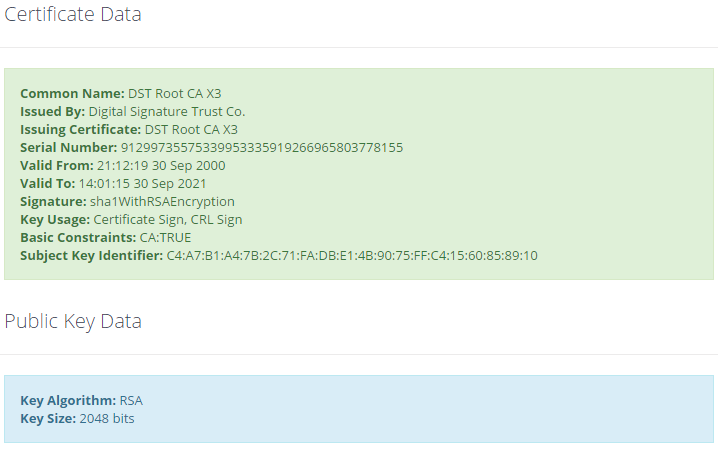

This article demonstrates multiple methods to decode URL strings. '%2fiG75QYiRevgqdMnvd9N5VZp2ksBc83lDg7%2fgxqIwktteSI9RA3Ux9VIiNxx%2fZLe9dZSHxRq9AA') 'nVx8uUT%2bu8y1%2fWCs99INKDnfA2ayhGP1ZD0z%2bodXjK9xL5I4gjKR2xp7p8Sckvb04mddf' 'confirmationToken=7uAf%2fxJoxRTFAZdxslCn2uwVR9vV7cYrlHs%2fl9sU%2frix9f9C' The above syntax is put inside a print statement to print the final result. The string URL is decoded using the syntax (unescape(unquote(url))). The URL to be decoded is stored inside the variable f. Syntax to import sub-packages: from urllib.request import unquote Import the necessary libraries - urllib and html. The program below decodes the URL string using the Python library packages urllib and html with their sub-packages requests and unquote and unescape, respectively. When the above method is applied, Unicode URLs are first encoded using the UTF-8 format, and then the bytes are % escaped from it, resulting in a decoded URL string. A turnaround to this problem is implementing the above method to Unicode URLs. Decoding Unicode encoded string URLs is a complex job as not many tools are available for this purpose.Ī user might have to create a decoder on its own to decode Unicode encoded string URLs. In some scenarios, URLs are encoded using the Unicode format. Url = (u.encode('utf8'))ĭecode Unicode Encoded URL String in Python The variable f is printed to view the decoded string URL.The syntax (url) decodes the string stored inside the variable url and saves it into the variable f.A variable f is initialized to decode and store the result.The steps below demonstrate taking the encoded string and decoding it using unquote. The variable url is printed to view the encoded result. The result is saved inside a new variable url so that it can be used as input while decoding. The string must be saved inside the variable u and encoded. Note that importing parse along with urllib is necessary. Import the Python library package urllib.parse.Here, the first input given is a Unicode encoded string that cannot be decoded directly, so it needs to be UTF-8 encoded before proceeding further. Decode Unicode Encoded Plain String in Python The first example demonstrates decoding a Unicode encoded string by encoding it first using the UTF-8 method. Encode and Decode Unicode Encoded URL String Using Utf-8 in Python Looking closer, one can see that the decoded URL is a little short of its original one. Inside the second print statement, the URL is decoded through the syntax (url), and the final result is printed. The first one displays the original encoded URL by printing the variable url. But during compilation, the program reads it as a whole URL string. When segregated this way, the URL gets divided into multiple lines of code. To make the whole URL viewable, we use whitespaces, slash ( \ ), and double-quotes to divide it. The URL is saved inside the variable url. Import the Python library package requests.These are the steps to decode URL strings utilizing Python requests: The program takes a simple approach to decode the data directly at the print statement. This example demonstrates decoding huge URL strings using the Python library package - requests. įinally, we print clean_url to view the decoded URL string.ĭecode URL Using the Requests Library in Python.Then the decoded string URL is assigned inside the variable clean_url. The function unquote(url) decodes the URL string saved inside that variable. The URL which needs to be decoded is saved inside the variable a. Import the library package urllib and the subpackage unquote. The following are the steps to decode URL strings using the urllib library in Python.

Decode URL Using the Urllib Library in Python Turning the encoded URL string back to its original form is URL decoding.


 0 kommentar(er)
0 kommentar(er)
